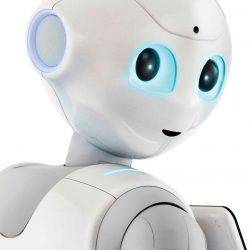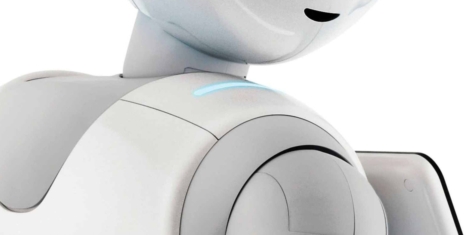August 21, 2018
People might be more productive when supervised by a bad robot
 We will have to get used to a lot more talk about how we interact with artificial intelligence and it might involve addressing some difficult ideas. Try this for a start. People might perform better on certain tasks when supervised by a ‘mean’ robot rather than a ‘nice’ one, according to a new study published in the journal Science Robotics (registration or subscription required). The study involved asking 58 young adults to complete a Stroop test which involves subjects stating the colour of font used in a written word. The difficult comes from the cognitive difficulty of identifying a colour when the word itself indicates a colour, for example when the word red is printed using a blue font.
We will have to get used to a lot more talk about how we interact with artificial intelligence and it might involve addressing some difficult ideas. Try this for a start. People might perform better on certain tasks when supervised by a ‘mean’ robot rather than a ‘nice’ one, according to a new study published in the journal Science Robotics (registration or subscription required). The study involved asking 58 young adults to complete a Stroop test which involves subjects stating the colour of font used in a written word. The difficult comes from the cognitive difficulty of identifying a colour when the word itself indicates a colour, for example when the word red is printed using a blue font.












 As we recently
As we recently 



















August 16, 2018
The office will always live on because nothing propinks like propinquity
by Mark Eltringham • Comment, Property, Workplace design